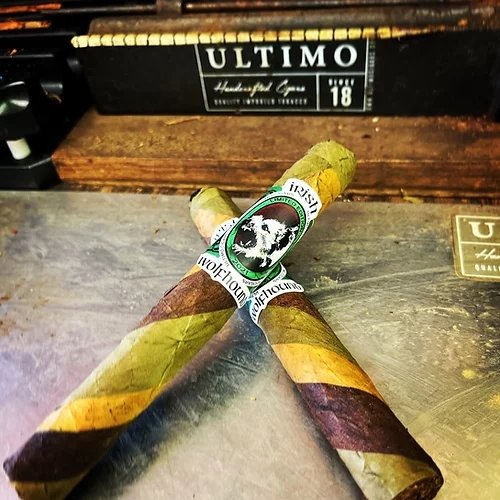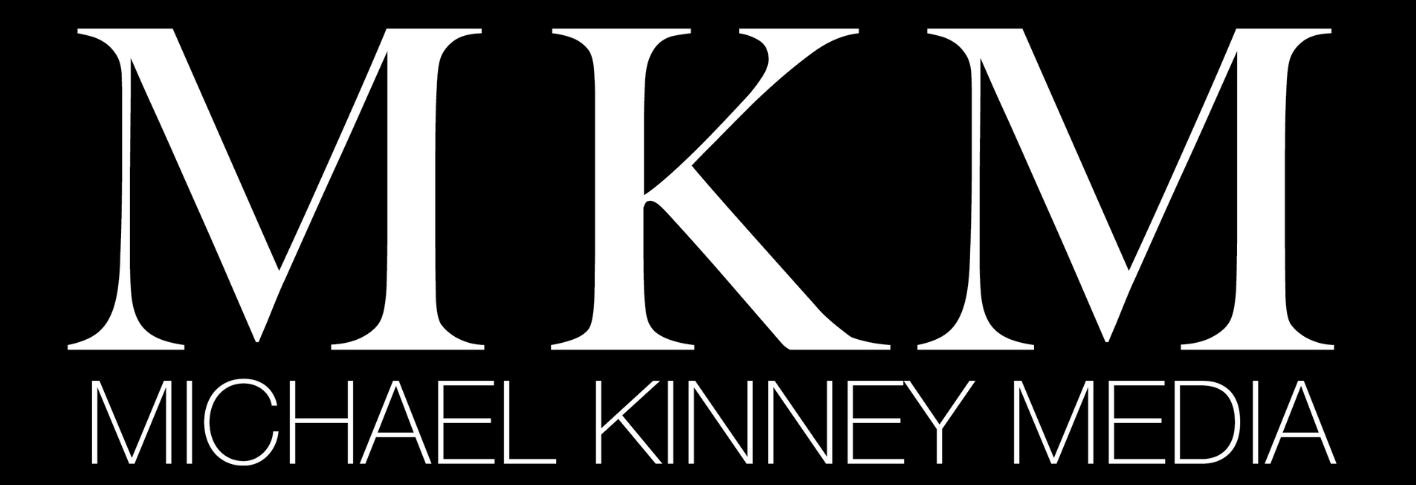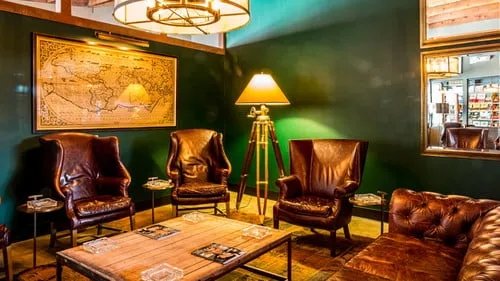By Michael Kinney
Lucile Aurore Dupin, perhaps better known by her pen name George Sand, once said, “A cigar is the perfect complement to an elegant life.” The French novelist wrote this in the early 1800s, yet some two centuries later, the infatuation of a good cigar has not changed much. A proper stogie is often viewed as the manifestation of reaching a high level of success and living the good life.
Read more: Business Profile: Cigar maker sets up shop in OklahomaTomás Baquier Baldonado wants everyone to experience that lifestyle, or at least an excellent cigar, which is one of the reasons he created Ultimo, LLC, three years ago in Tulsa. Ultimo is the only licensed cigar manufacturer in this region of the country and one of just 162 licensed manufacturers in the United States.
“Business has been crazy. It has boomed dramatically. My business model has evolved, actually. The original concept was nowhere near what it is today,” Baldonado says. “And the plans for the future are nowhere near where we are today, either. So it’s really a unique opportunity to be able to do something so different in this part of the country, and people are very receptive.”
Ultimo, located at 6390 E. 31st St, Ste. C in Tulsa, imports its tobacco from around the world: Nicaragua, the Dominican Republic, Ecuador, Brazil, Colombia, Paraguay, Uganda, even Africa and Indonesia,. Because it is just one of 50 factories in the United States that still makes cigars, it has been able to grow quickly. But success hasn’t come without hard work and the ability to adapt.
“We manufacture six days a week, nine hours a day, making cigars for resale,” Baldonado says. “Whether it’s through wholesale, events, custom blends, through our website or walk-in business, we have multiple streams of revenue that keep us busy with all of our manufacturing.”
Baldonado wasn’t born into a tobacco family. In fact, it wasn’t until he was 25 that he got his first job working part-time in a cigar shop in Central America.
For seven years he learned all he could about the industry, before moving on to other enterprises. However, being a cigar aficionado never left his blood, and when he got the chance to jump back in, he took it. “About eight years ago I was hired by a Native American tribe, the Cedar Band of Paiute Indians. They were looking for somebody based in Oklahoma to help build this wine company for them. We built this wine company from scratch,” Baldonado says. “I was traveling around the country, visiting Native American communities and tribes to get our wine placed in their casinos. Up in Nebraska while I was talking to the Winnebago Tribe, they were really curious about my history. So we talked about the cigar industry and we came to the conclusion there weren’t any Native American cigars, but every cigar store has a cigar-store Indian.”
It was from that epiphany that Baldonado started to craft his concept of being a broker of cigars for Native American tribes so they could have their own brands to sell in their casinos, smoke shops and convenience stores. Still working full-time as a broker for US Foods, Baldonado said it took him close to eight months to get all the licenses and permits needed. Then, two days after getting the final permit, he lost his job and his income.
“That means I had to start making the cigars,” Baldonado says. “I started retraining myself to make them, on how cigars are made and traditional methods. Then I quickly realized there were too many flaws.”
Baldonado said the traditional manufacturing process was all wrong for the business model he was trying to build. Because he had to wait for the tobacco leaves to be dry enough, the process not only took too long but was also costly, especially when mistakes were made.

Instead of folding his tent and giving up, Baldonado came up with a technique to keep his fledgling business alive before it had even gotten off the ground. “I decided to create this room that keeps the tobacco in a climate-controlled environment,” he says. “This way I can roll the cigars without having to wet the tobacco. So if we didn’t wet the tobacco, it’s drier and it’s ready to smoke quicker because we don’t have to go through that drying process. With our cigars, they’re smokeable when they’re rolled right there on the spot. So we go from leaf to smoke in 24 hours.”
This also allowed Baldonado to develop a different cigar rolling method, which made it easier to train new employees. “It allows for a much more consistent cigar, a much more consistent burn, a consistent draw,” he says. “The technique and method have a higher efficiency rate and capacity for production. That’s why we are able to make so many cigars with so few people. We produce about 3,000 cigars a month. We should get to about 4,000 a month in the next month or so.”
Baldonado decided the process he had created was just as valuable as the actual cigars he was putting out. So instead of just selling his Ultimo stogies, he is also selling the Ultimo process. “I’m selling them the model, the manufacturing process as a licensing opportunity,” Baldonado says. “So right now we’re in the works and final negotiation with a tribe in Eastern Oklahoma to license my intellectual property and they become an Ultimo licensed manufacturer under their own branding, and they have their own cigar factories inside the casino. And so now it creates Native American hand-rolled cigars, which do not exist anywhere in the world.”
With the Ultimo method, tribes can produce cigars that can’t be found anywhere but in their own stores.
“Several tribes have heirloom tobaccos that go back hundreds of years within their tribal history,” Baldonado says. “This gives them the opportunity to then go and take some of those heirloom seeds, grow and harvest their own tobaccos to use in their cigars. The concept of having Native American hand-rolled cigars made with heirloom Native American tobaccos that go back hundreds of years in the Americas is an extremely unique opportunity.”
Since Baldonado introduced the Ultimo to the public, its reputation has grown among the cigar smoking community. He even started cigar rolling classes, which have attracted people from all over the country to come to Tulsa to take in the full Ultimo experience and lifestyle. “Everybody that comes in, we give them a tour of our facility. We take them into the aging room, and they get to smell the tobaccos. They can sense the passion of what we do in that experience,” Baldonado says. “And people love it. People come from all over the country. I have a gentleman that’s coming up from Lake Charles, Louisiana, who wants to do a class. He’s driving 10 hours just to do a two-hour class and then drive home. We’ve had people fly in from Sacramento. I’ve had people come in from Nebraska and come from North Dakota and people drive up from Louisiana, Arkansas and Missouri, from all over the region, all over the country—
that come specifically just to meet me and see the facility, buy some cigars and have this experience because it is a unique, one-of-a-kind experience.”
Michael Kinney Media-Content Provider
IG: mkinneymedia
Twitter: MKinneyMedia
Youtube: Michael Kinney Media

